Here at Lil-Lets we’re making teaching RSE as simple as possible by providing you with free, downloadable resources so you can tackle those tricky topics with ease.
Period & puberty education, for all genders, is a key part in a young person’s life and will help challenge the stigma that surrounds this topic, whilst empowering young people to understand their bodies, supporting them to navigate the process of transition from childhood to becoming an adult.

In collaboration with Brook and PHS, Lil-Lets have launched new educational lesson plans, to help schools teach about periods with accurate knowledge and confidence. Our lesson plans include the basics on periods and puberty in a clear and comprehensive way. These can be used purely on their own or adapted to complement your school’s current offering. They are created in line with KS3 government statutory guidance & PSHE Association guidance.
With our lesson plans tailored to differing year groups, year 4 to 9, we can prevent young people missing out on valuable learnings at key stages of their transition to adulthood. It can be tough for schools to ensure the correct education is delivered, and that’s where we can give you a helping hand, making you feel prepared to teach these vital subjects to young people.
Aim: To begin to understand the meaning of puberty including physical and emotional changes
Outcome:
Participants should be able to:
Aim: To understand key facts about puberty, including physical and emotional changes.
Outcome:
participants should be able to:
Aim: To ensure the group have a greater knowledge of the internal reproductive organs and external genitalia, understanding how they link to reproduction
Outcome:
participants should be able to:
Aim: To understand the changes during puberty and what menstrual wellbeing involves
Outcome:
participants should be able to:
Aim: Have a deeper knowledge of puberty, menstrual wellbeing, and begin to think critically how periods are perceived and discussed in society.
Outcome:
Aim: To have a broader understanding about puberty, & wellbeing, and begin to think critically about how periods are perceived and discussed in society.
Outcome:

